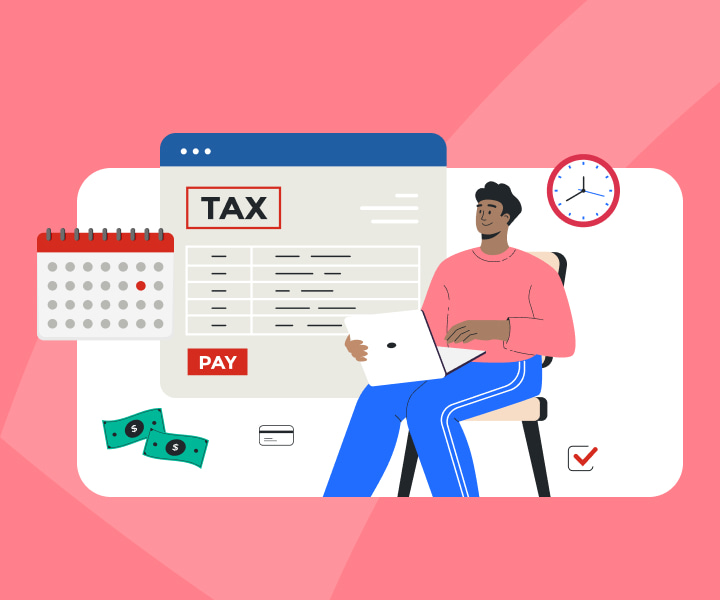Why is My Refund Lower Than Last Year?
TurboTax Canada
November 26, 2019 | 2 Min Read
Updated for tax year 2024

There are a number of things that might make your tax refund lower from one year to the next. If your income changed or you’re no longer entitled to a tax credit or deduction, it can lead to a lower tax refund. There’s no need to panic – a lower tax refund can actually be a good thing. Although you might treat your tax refund like “found money,” a tax refund is like lending your money to the government interest-free. “A lot of taxpayers are caught off guard when their tax refund drops a lot from one year to the next,” says James Collins, a chartered professional accountant in Toronto. “If your tax situation recently changed, it can lead to a lower refund the next year. It’s important to be prepared ahead of time, so you’re not in for a shock.”
If your family situation recently changed, it can lead to a lower tax refund this year.
Loss of Tuition Deduction
If you’re a recent college or university graduate, you have the choice of transferring your tuition deduction to your parent, grandparent or spouse, or you can carry it forward until you have enough taxable income to use it up. If you’ve been using up the remainder of your tuition deduction the last few years, you can be in for a rude awakening when the deduction runs out. Depending on your tax bracket, you could be used to tax refunds of $2,000, for instance. Without the tuition deduction, your tax refund could shrink to $500 or less. Although it’s not something you should lose sleep over, it’s important to keep track of how much tuition deduction you have left, so you don’t end up expecting a huge tax refund in the year it runs out. If you have registered for a CRA My Account, you can easily check your tuition credits balance, both federal and provincial amounts, online.
You’re a Recent Retiree
If you’ve recently retired from the workforce, your tax refund may be a lot lower than last year. Here’s why: When your paycheque is deposited into your bank account, your employer takes off payroll deductions. However, when you’re retired, some forms of income like your RRSP let you choose how much taxes are taken off. If you choose a lower amount, it can lead to a lower refund (or no refund at all). If you’re receiving a pension from your employer and no longer contributing to your RRSP, this can lead to a smaller tax refund.
Canada Revenue Agency: Who Has to Pay Tax by Instalments?
Related articles

© 1997-2024 Intuit, Inc. All rights reserved. Intuit, QuickBooks, QB, TurboTax, Profile, and Mint are registered trademarks of Intuit Inc. Terms and conditions, features, support, pricing, and service options subject to change without notice.
Copyright © Intuit Canada ULC, 2024. All rights reserved.
The views expressed on this site are intended to provide generalized financial information designed to educate a broad segment of the public; it does not give personalized tax, investment, legal, or other business and professional advice. Before taking any action, you should always seek the assistance of a professional who knows your particular situation for advice on taxes, your investments, the law, or any other business and professional matters that affect you and/or your business.









